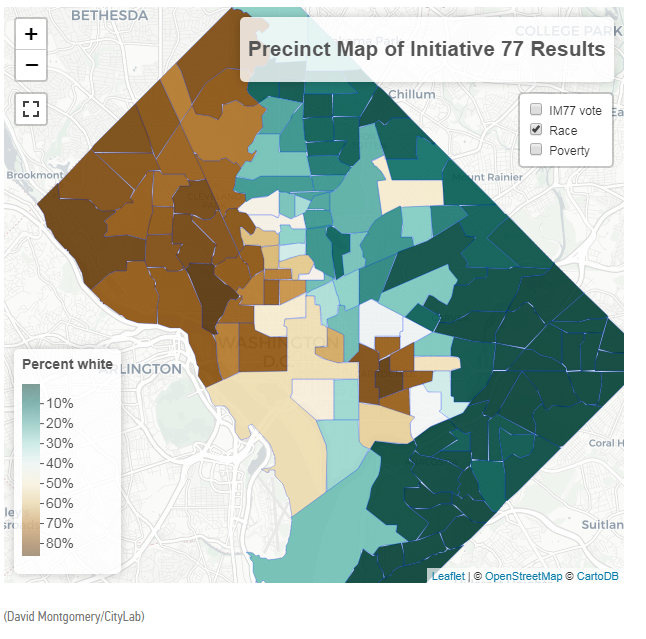Extremist judges will not stop endangering the lives of pregnant people or people who may become pregnant—overturning Roe v. Wade, attacking medication abortion, threatening the future of IVF, and this week at SCOTUS, emergency abortion care.
Our lawyers are waging strategic fights that make clear what is at stake for people who can become pregnant and seek to bolster our fundamental rights to control our lives, futures, and destinies.

 Among the (empty) promises President Trump has made, improving access to affordable child care is one with near-universal appeal. If you are a working parent—heck, if you know a working parent—you’re probably aware that
Among the (empty) promises President Trump has made, improving access to affordable child care is one with near-universal appeal. If you are a working parent—heck, if you know a working parent—you’re probably aware that 


